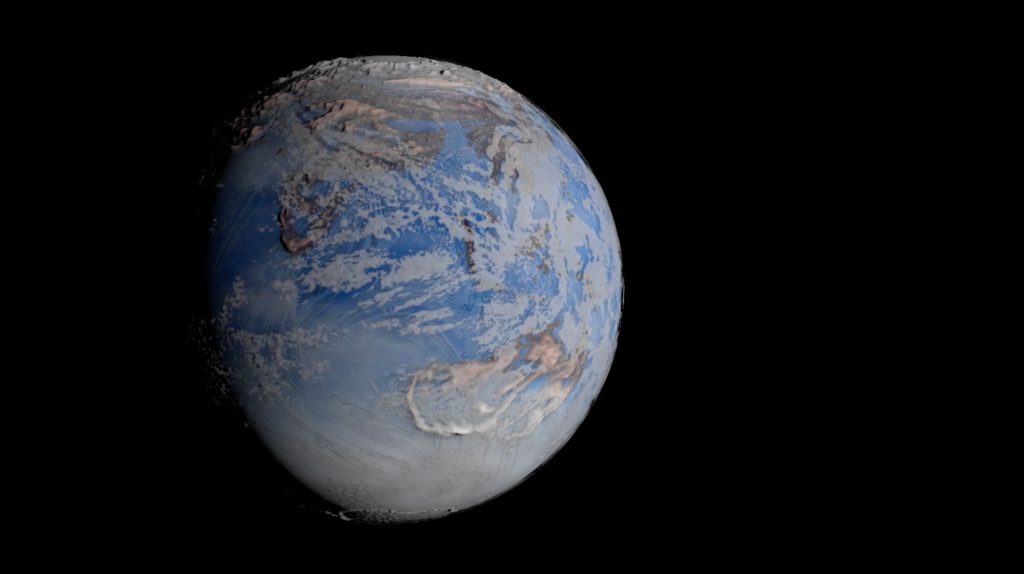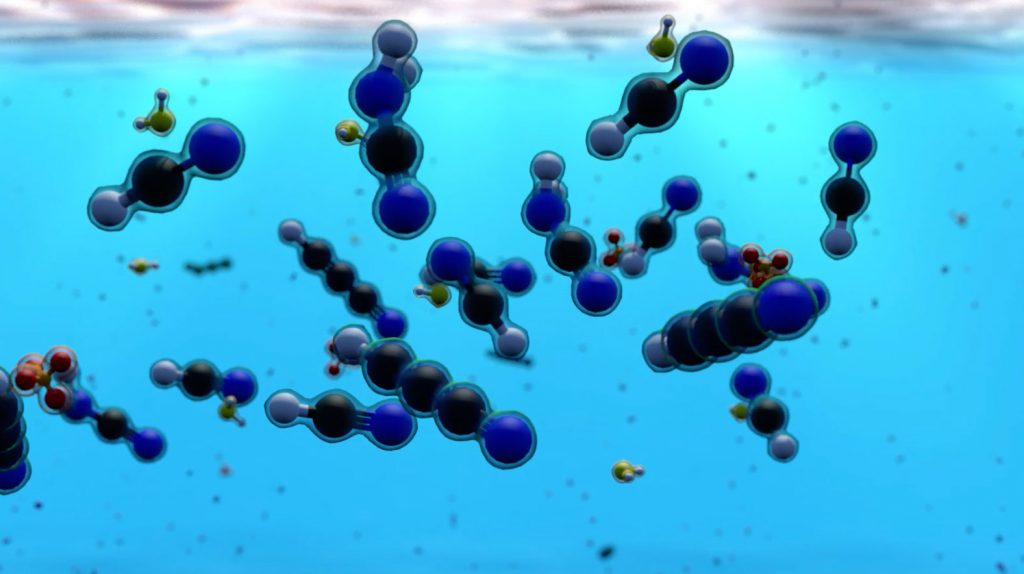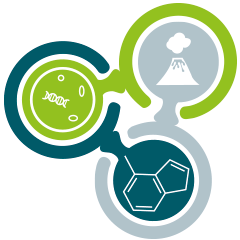Is it simple for life to emerge on a newly formed planet, or is it the improbable product of a long series of unlikely events?

Recent advances in astronomy, geology, and chemistry hold promise that answers to such profound questions may be around the corner. Moreover, if the route from chemistry to biology proves simple to traverse, the universe could be teeming with life!
Chemists are asking whether our kind of life can be generated through only a single plausible pathway, or multiple routes from simple chemicals to RNA-based life and ultimately modern biology.
Others are exploring variations on the chemistry of life, seeking clues as to the possible diversity of life out there in the universe.
From these studies, we will eventually learn how robust the transition from chemistry to biology is and therefore whether it is likely that we are alone in the universe, or share it with a multitude of other lifeforms!
Scientists debate a range of ideas about how life on Earth began. The prevailing theory in origins of life research is that pools containing mixtures of simple molecules, known as ‘primordial soup’, with various energy inputs, spawned sets of building blocks that were able to replicate and self-assemble, eventually leading to a primitive biology.

Read on to find out more about how we think early Earth chemistry went
